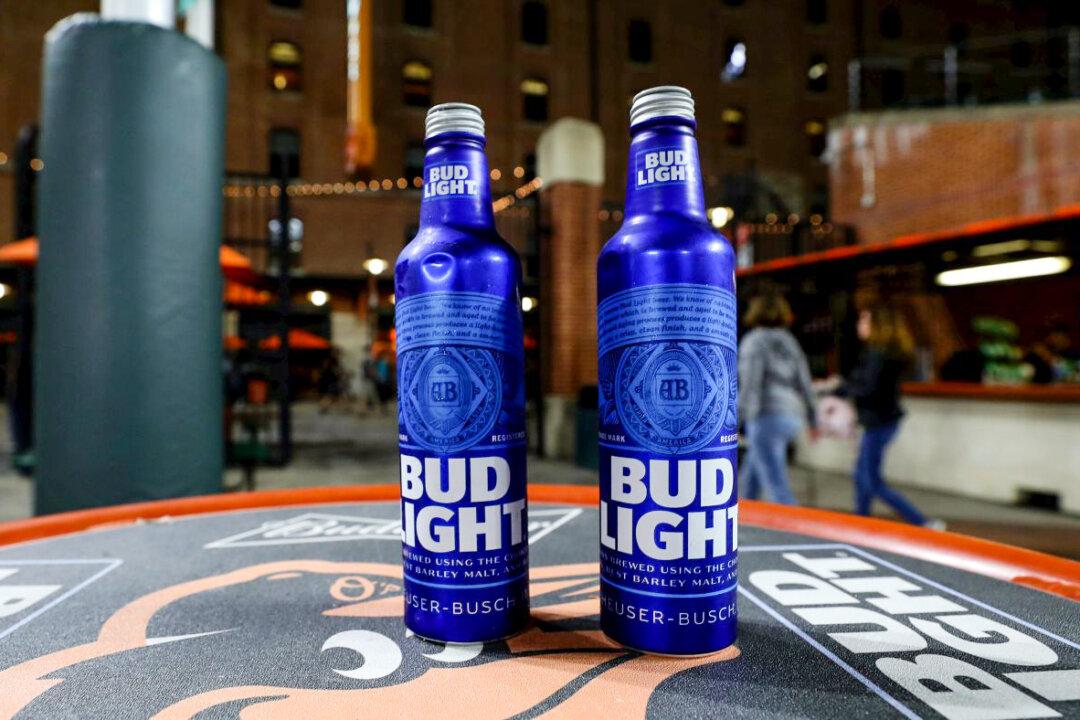Anheuser-Busch, the company that makes Bud Light, faces a hefty fine and a series of mandatory safety reviews as part of a settlement with the U.S. Environmental Protection Agency (EPA) for violations of federal requirements regarding the prevention of chemical accidents.
EPA said in a June 5 press release that it had reached a settlement with Anheuser-Busch, resolving the company’s violations of the Emergency Planning and Community Right-to-Know Act and the Clean Air Act’s chemical accident prevention requirements.





